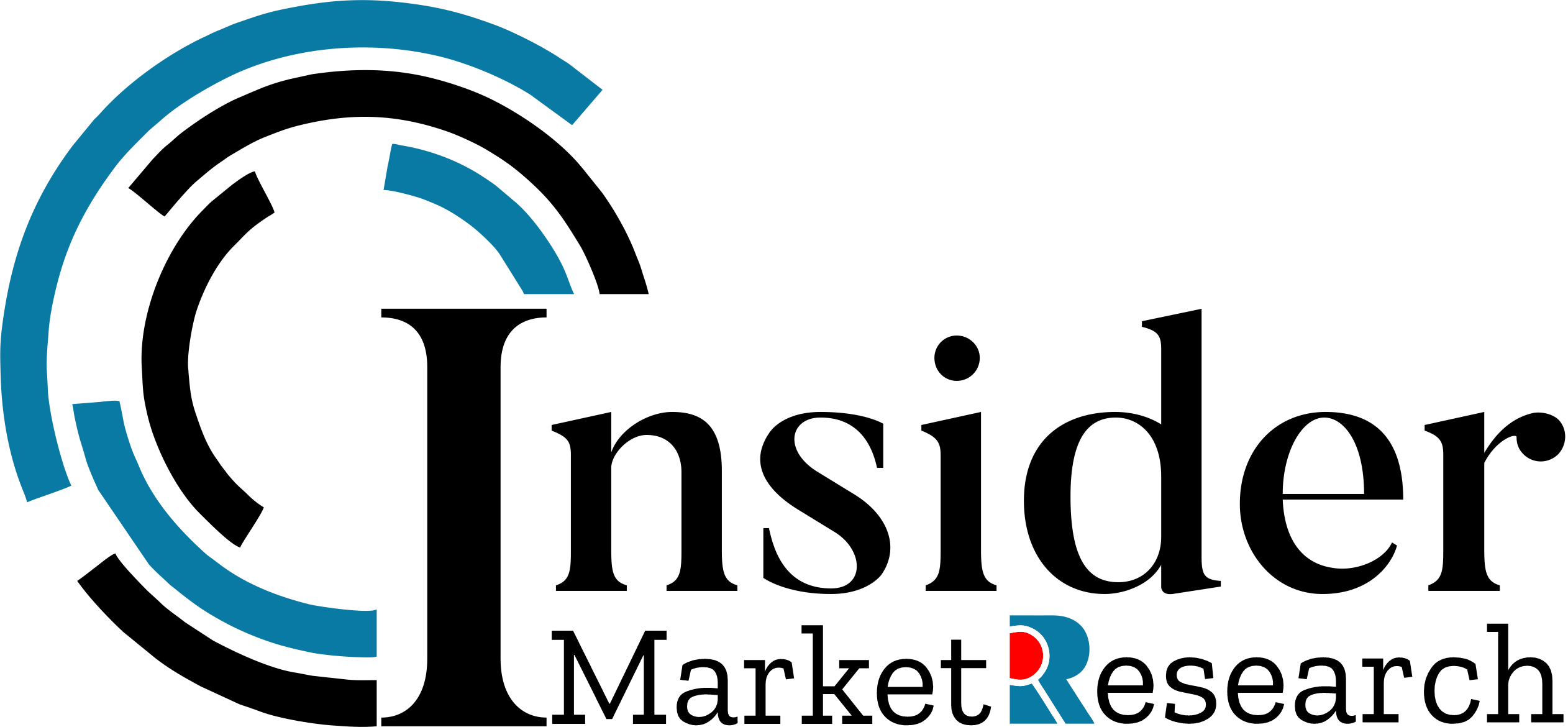Securing a home loan is often a significant milestone in one’s life, marking a step towards homeownership. This comprehensive guide explores everything you need to know about home loans, including the types of home loans available, the application process, eligibility criteria, and key considerations for borrowers.
Understanding Home Loans
A home loan, also known as a mortgage, is a loan provided by a financial institution, typically a bank or a mortgage lender, to help individuals or families purchase a home. Home loans enable borrowers to finance the purchase of a property over a specified period, usually several years to several decades, through regular monthly payments that include both principal and interest.
Types of Home Loans
There are several types of home loans available to cater to different financial situations and preferences:
1. Fixed-Rate Home Loan:
A fixed-rate home loan offers a stable interest rate throughout the loan term, providing predictability in monthly payments. This type of loan is ideal for borrowers who prefer consistency and want protection against interest rate fluctuations.
2. Adjustable-Rate Mortgage (ARM):
An ARM has an interest rate that may change periodically based on market conditions. Initial interest rates are typically lower than fixed-rate loans, making ARMs attractive to borrowers expecting interest rates to decrease or planning to sell or refinance their home before the rate adjusts.
3. FHA Loan:

Insured by the Federal Housing Administration (FHA), FHA loans are designed for low-to-moderate-income borrowers who may have lower credit scores or limited down payment funds. FHA loans often require a lower down payment than conventional loans and have more flexible qualification criteria.
4. VA Loan:
Guaranteed by the U.S. Department of Veterans Affairs, VA loans are available to eligible veterans, active-duty service members, and certain military spouses. VA loans typically offer competitive interest rates, no down payment options, and limited closing costs.
5. USDA Loan:
Backed by the U.S. Department of Agriculture, USDA loans are designed to encourage homeownership in rural and suburban areas. These loans offer low to no down payment options and competitive interest rates for eligible borrowers.
Benefits of Home Loan
1. Access to Homeownership
Home loans make homeownership accessible to a broader population by providing the necessary funds to purchase a property. Instead of paying rent, homeowners build equity in their homes over time, which can be a valuable asset.
2. Leverage and Financial Flexibility
Borrowers can leverage a home loan to purchase a property that may appreciate in value over time. Home equity can also be tapped into through refinancing or home equity loans for other financial needs, such as home improvements or educational expenses.
3. Potential Tax Benefits
Homeowners may benefit from tax deductions on mortgage interest payments and property taxes, potentially reducing their overall tax liability. These tax incentives can make homeownership more financially advantageous compared to renting.
4. Stable Housing Costs
For borrowers with fixed-rate home loans, monthly mortgage payments remain consistent throughout the loan term, providing stability in housing costs. This predictability can help homeowners budget effectively and plan for future financial goals.
Considerations Before Applying for a Home Loan
1. Financial Preparedness
Before applying for a home loan, prospective borrowers should assess their financial readiness. This includes reviewing credit scores, saving for a down payment and closing costs, and evaluating overall debt-to-income ratio to ensure affordability.
2. Loan Options and Terms
Understanding the various types of home loans and their terms is essential for choosing the right loan product. Borrowers should compare interest rates, loan terms, fees, and eligibility requirements from multiple lenders to find the most favorable option.
3. Down Payment Requirements

Many home loans require a down payment, typically ranging from 3% to 20% of the property’s purchase price. A larger down payment can lower monthly mortgage payments and reduce the need for private mortgage insurance (PMI), potentially saving borrowers money over time.
4. Closing Costs and Fees
In addition to the down payment, borrowers should budget for closing costs, which include fees for loan origination, appraisal, title insurance, and other administrative expenses. Understanding these costs upfront helps borrowers avoid financial surprises at closing.
Applying for a Home Loan
The process of applying for a home loan involves several key steps:
- Prequalification: Borrowers can get prequalified for a home loan to estimate how much they can afford based on income, assets, and credit profile. Prequalification provides a preliminary assessment of eligibility but does not guarantee loan approval.
- Loan Application: Borrowers submit a formal loan application to the lender, providing detailed information about their financial situation, employment history, assets, debts, and the property they intend to purchase.
- Loan Processing: The lender evaluates the borrower’s application, verifies financial information, orders a home appraisal to assess the property’s value, and reviews the borrower’s creditworthiness.
- Underwriting: The underwriting process involves a thorough review of the borrower’s loan application, supporting documents, and property appraisal to assess the risk and decide whether to approve the loan.
- Loan Approval and Closing: Upon approval, the borrower receives a loan commitment letter outlining the terms and conditions of the loan. The closing process involves signing the final loan documents, transferring ownership of the property, and disbursing funds.
Managing a Home Loan
Once a home loan is secured, borrowers are responsible for managing their mortgage effectively:
1. Making Timely Payments:
On-time monthly mortgage payments are crucial to maintaining a good credit history and avoiding late fees or penalties.
2. Monitoring Interest Rates:
Borrowers with adjustable-rate mortgages should monitor interest rate changes and consider refinancing if rates decrease or before rates adjust upwards.
3. Reviewing Loan Statements:

Regularly reviewing loan statements helps borrowers track principal and interest payments, escrow account balances, and any changes in loan terms or fees.
Challenges of Home Loans
While home loans offer numerous benefits, they also present challenges that borrowers should be aware of:
- Debt Obligation: Taking on a home loan represents a long-term financial commitment, requiring borrowers to prioritize mortgage payments over other discretionary expenses.
- Risk of Foreclosure: Failure to make mortgage payments can lead to foreclosure, resulting in the loss of the home and damage to the borrower’s creditworthiness.
- Interest Costs: Over the life of the loan, borrowers pay substantial interest costs in addition to the principal amount borrowed, which can significantly increase the total cost of homeownership.
Conclusion
In conclusion, home loans play a pivotal role in facilitating homeownership by providing access to funds for purchasing a property. Understanding the types of home loans available, the application process, eligibility criteria, and associated considerations empowers borrowers to make informed decisions and navigate the complexities of obtaining and managing a home loan effectively. Whether opting for a fixed-rate mortgage, exploring government-backed loan options, or weighing the benefits of homeownership against financial responsibilities, borrowers should prioritize financial preparedness, research loan options, and seek guidance from mortgage professionals to achieve their homeownership goals.












